What makes process manufacturing different from discrete?
Process manufacturing uses formulations or recipes. A Discrete manufacturer uses Bills of Materials (BOMs).
A Discrete manufacturer assembles along a routing, whereas a Process manufacturer blends in a batch.
Therefore, Discrete manufacturers – including make-to-stock, make-to-order, and assemble to order production facilities require sophisticated planning, scheduling and tracking capabilities to improve operations and profitability. Whereas, Process manufacturers with batch or continuous operations rely on sophisticated tracking and scheduling mechanisms to keep operations running at peak efficiency.
Discrete manufacturing is all about assembling things, and making things that are exact. The products are typically manufactured in individually defined lots, the sequence of work centres through production varying for each one of these. Thus, in Discrete manufacturing, the product is made by sequential steps made in the same process or by the same craftsman.
Discrete manufacturing based on the production orders and products change frequently from order to order. Whereas process manufacturing is when you have a product that requires a set of processes to be finished, yet each process requires certain needs, therefore, it is better to separate each process from the other while planning and setting the manufacturing requirements thus the processes are better controlled and maintained if they are dealt separately.
Process manufacturers build something that cannot be taken apart, technically you can take the mix out of the container and reuse the container, but you can’t take the ingredients out of the finished goods produced. This makes process manufacturers ‘process’ or formula based.
Discrete manufacturers are making a finished good that may have screws, nuts, handles, etc. that can be taken apart and used on something else if need be. In discrete manufacturing, the manufacturing floor works off shop orders to build something. The individual products are easily identifiable. While in process manufacturing, you can’t tell the difference between one product and another.
The biggest difference between these two distinct manufacturing areas is that the outcome of discrete manufacturing can be without difficulty reversed, while with process manufacturing there is no way to do it.
Process Manufacturing involves Variable Ingredients, By & Co-products, whereas Discrete manufacturing is Standard Parts and Components driven. Discrete manufacturing uses Complex Multilevel BOMs, while Process manufacturing uses Multiple Recipes and Formulas.
The obligatory requisite for process manufacturing is Lot Potency and Shelf Life, whereas discrete manufacturing values Serial Numbers, ECN’s and assembles.
Process manufacturing is distinguished by a production approach that has minimal interruptions in the actual processing in any one production run, or between production runs of similar products. But in Discrete Manufacturing is distinguished by the production of distinct items that use bills of material and routing to determine costs and lead times.
By and large, process industries are characterized as industries that make products in bulk quantities, such as paints, pharmaceuticals, beverages and food products, which often undergo a chemical conversion. On the other hand, discrete manufacturers produce or assemble component or finished products that are identifiable as distinct units, such as automobiles, capable of being recognized by serial numbers or labelling products and identified as numerical quantities rather than by weight or volume.
In the process industries we don’t learn to do defect-oriented manufacturing, say if you process a little too much dye, you can just put a little more base in and fix it. The approach in the process industry is direct, real-time control. Whereas in discrete manufacturing, it’s after-the-fact statistical analysis to get continuous improvement.
Advancing globalization and stronger competition, demand businesses in both discrete and process manufacturing industry to have seamless process control, greater flexibility and cost efficiency provided seamlessly by iXDev Both discrete and process manufacturers rely on iXDev as it offers all necessary tools essential to compete successfully in the marketplace and to maximize profits. iX ERP is the complete solution for Process Manufacturers and Discrete manufacturers around the globe.
